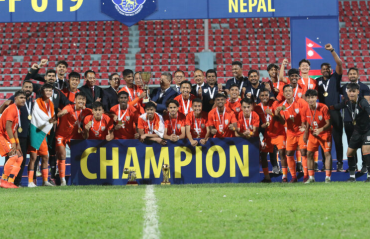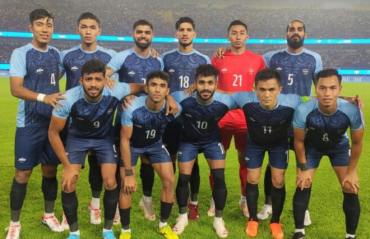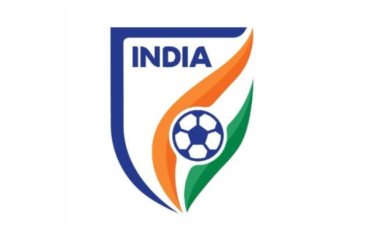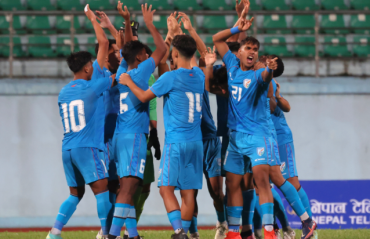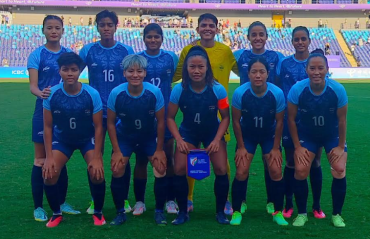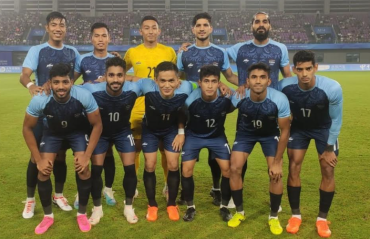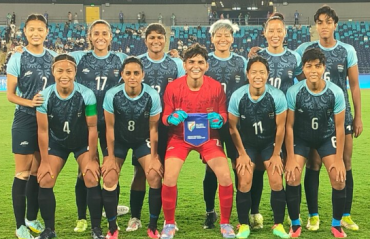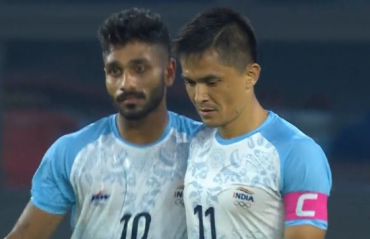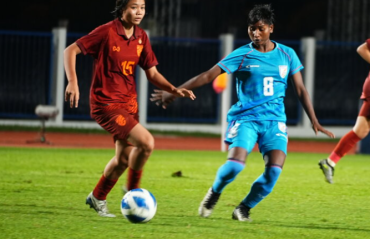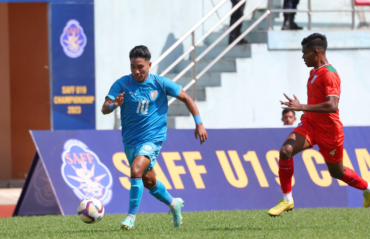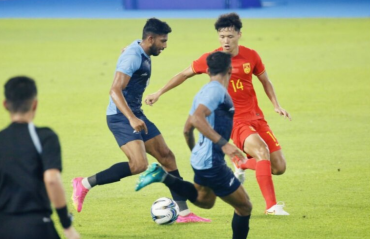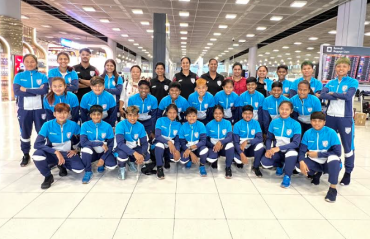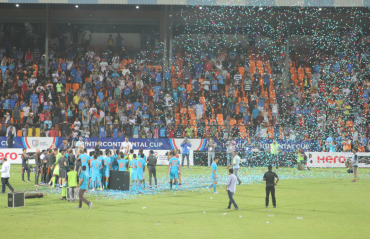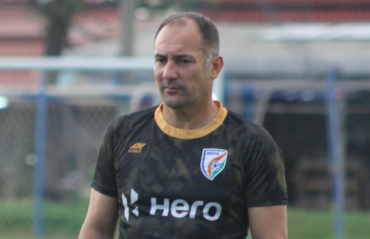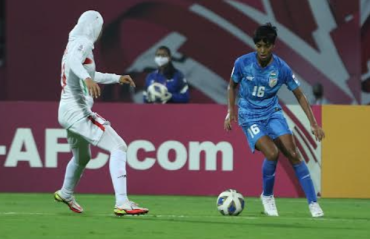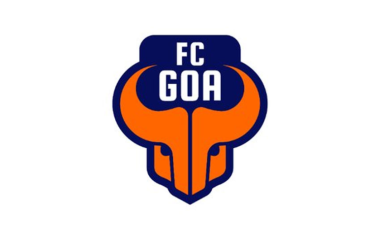Similarity - Use of PR, bots and marketing to push their narrative
- By Chiranjit Ojha

- April 20, 2021

Similarity - Use of PR, bots and marketing to push their narrative
Both the ISL and the ESL faced criticism from existing clubs and their fanbases when they first emerged. In the case of ESL, it's much more prominent as even the fans of the "founder clubs" do not want this tournament and have been outspoken about their anger at what they see as a betrayal of everything football stands for by the club owners.
Fans burned a Liverpool shirt outside Elland Road as a plane flew past with the message #saynotosuperleague ?? pic.twitter.com/7I1OvDAD4Y
— ESPN FC (@ESPNFC) April 19, 2021
In an effort to quash the criticism and manufacture consent among the populace, the proponents of ESL have reportedly begun a social media manipulation campaign using bots and offering to pay certain prominent accounts to speak in their favour.
The new Super League founders have contacted various fan social media accounts to join their project. They have asked us to become the leading force in the project. They offered us ££££££. The money would change our lives
— indykaila News (@indykaila) April 18, 2021
But life isn’t about money. We have rejected the offer
This is something ISL teams have done as well, especially the erstwhile franchise ATK FC which extensively used bots and PR to create an illusion of a large following.
Ran into some VERY REAL, dedicated and die hard fans of ATK this morning. #HeroISL #indianfootball pic.twitter.com/fjTmxkmGIY
— Chiranjit Ojha (@ChiranjitOjha) September 24, 2017
However, using the media to attack critics and plant favourable narratives has also been a central part of ISL's PR campaign. From very early on, a common talking point was repeated endlessly by FSDL and AIFF officials: that ISL was here to "revolutionize" Indian football and anyone opposing it is doing it because they don't like progress. The exact same talking point is being planted online by pro-ESL bots right now as we speak.
The bots all replying ... "the super league is a good idea and will revolutionize football"https://t.co/er9dkFCo5y pic.twitter.com/UeK9Q0jLNc
— Rob Harris (@RobHarris) April 19, 2021
Another talking point that the pro-ISL PR campaign used was to paint the clubs and fans outside its closed-door system as antiquated and incompatible with the modern sport. They used the term "legacy club" for the clubs that have a prominent history; and described fans of I-League clubs as "legacy fans." This manipulative talking point was repeated by everyone from pro-ISL media outlets to the AIFF president Praful Patel himself on a number of occasions.
And wouldn't you know it: the ESL is using the exact same language to gaslight and insult the clubs and fans that have come out against this breakaway tournament.
According to source, some of those involved in ESL call traditional supporters of clubs “legacy fans” while they are focused instead on the “fans of the future” who want superstar names
— Dan Roan (@danroan) April 19, 2021
*ESL insists modelling shows solidarity payments will be boosted £10bn Euros over 23 seasons)
But the last and most prominent part of this campaign to implant pro-ESL propaganda will be a massive marketing campaign. The airwaves will be bombarded with ads and players will be asked to come out and talk about how awesome the ESL is, and how much it is taking football to the future. This is exactly how ISL launched itself; with the largest marketing campaign ever in Indian football history (Even going as far as calling itself the "birth of Indian football"), with prominent players and personalities in the sport being asked to sing its praise in PR-style interviews.
With the TRP-centric nature of modern football's revenue system, the clubs can afford to throw aside their "core fanbase" and go for casual viewers who may not support them as deeply but still bring in the ratings they need to maximize their profits. The ISL appealed specifically to the IPL's mammoth fanbase of casuals, and the ESL will do the same. But one key difference here is that ESL clubs will not have to arrange for fans to fill up the stadium like some ISL franchises had to.









